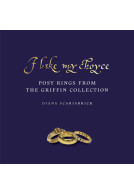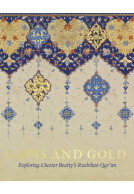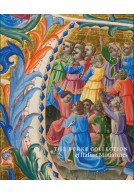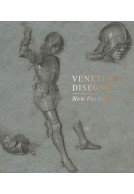British Portrait Miniatures from the Thomson Collection (Hardback)
Pages: 320
Illustrations: 250
ISBN: 9781915401120
Published: 20th August 2024
Casemate UK Academic
(click here for international delivery rates)
Need a currency converter? Check XE.com for live rates
Portrait miniatures were highly prized in Europe for nearly four hundred years and, unusually, artists based in Britain were the acknowledged masters of this specialised field. Many of the best painters are represented in this remarkable but relatively little-known collection. As is illustrated and described in this book, miniatures were frequently made as tokens of love or memorials of loved ones; part-likeness, part reliquary and part-jewel, they might be wearable in a locket, on a bracelet or even on a finger ring, but their portability also made them desirable as gifts. Styles, techniques and modes of presentation naturally evolved between 1560 (the date of the first miniature in the catalogue) and around 1900. Some changes happened rapidly; in England, for example, the foundation of exhibiting societies in 1760s created a demand for larger miniatures that could hang on the wall alongside full-sized portraits. The Thomson collection includes fine examples of the work of Nicholas Hilliard (from the Elizabethan period) and John Smart (from the eighteenth century) as well as notable portraits by less familiar names such as Jacob Van Doordt and James Scouler. It is apparent from the scope and character of his acquisitions that Ken Thomson never planned an encyclopaedic collection. Reacting to miniatures that spoke most eloquently to him when held in the hand, or examined under a glass, he developed over time a fondness for particular artists and had no qualms about omitting others altogether. Using this collection housed at the Art Gallery of Ontario as a case study, the catalogue discusses the function of miniatures, their material presence, the circumstances in which they were made and aspects of their later history. The homes and studios of the most successful painters, as sumptuous as those occupied by oil painters, often passed from one generation to another: here, one key property in Covent Garden is described and illustrated. In this book, for the first time, a number of specialist artists’ suppliers are identified, showing where ivory could be obtained and enamel plates prepared and fired. The links between enamelling for clock and watch faces and enamelling for miniatures are demonstrated. The illicit practice within the late nineteenth and early twentieth century art trade of duplicating old miniatures, a topic generally avoided in the literature, is addressed here. Miniatures are difficult to display in museums, but recently-developed photographic methods of identifying pigments are also proving to be a way of introducing a new audience to this multi-layered subject. Eighteen years after Ken Thomson’s death, there could not be a more opportune moment to highlight his collection.














